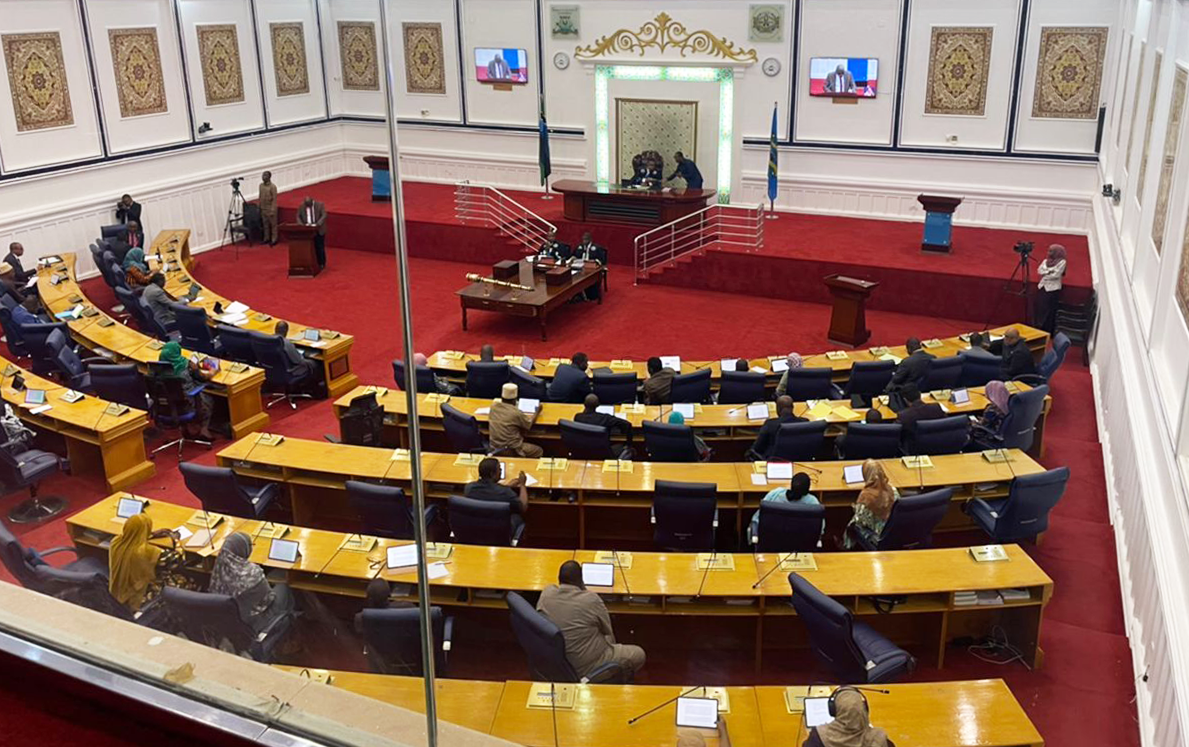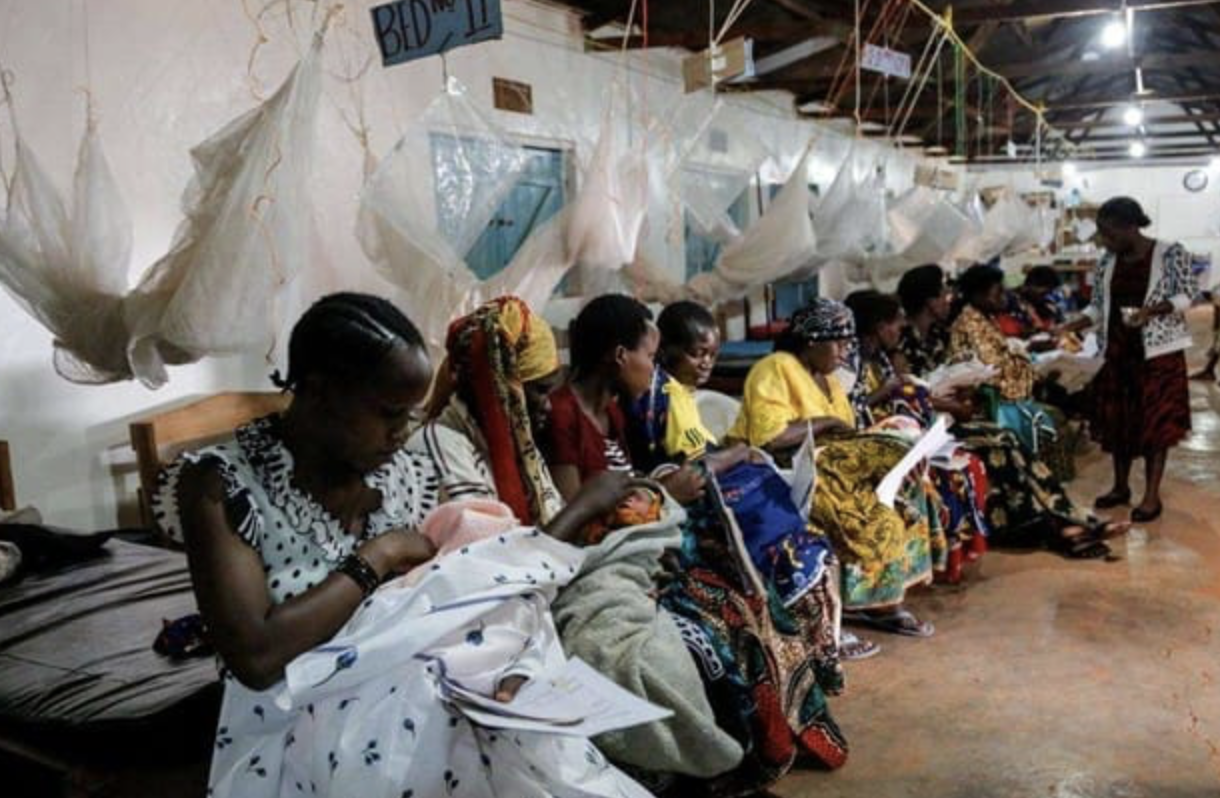In 2009, the government of the United Republic of Tanzania (including Mainland Tanzania and the islands of Zanzibar) embarked on several health financing reforms to ensure high quality, accessible and affordable health services to its citizens. Health system reforms have been taking place to achieve this goal. Mainland Tanzania developed a draft health financing strategy in 2016 that stipulated 13 sector reforms. One of the bigger proposed reforms was increasing health insurance coverage by introducing mandatory health protection.
Reliance on out-of-pocket spending
Donors and household out-of-pocket (OOP) spending remain significant funding sources for health. The United Republic of Tanzania’s 2019 National Health Accounts (NHA) show that OOP spending increased from 22% of total health expenditure in 2016 to 32% in 2019; social health insurance’s contribution to general health expenditure also increased from 8% to 12% in 2019. Health insurance contributions are also trending up, from 8% in 2015–2016 to 12% in 2019–2020. The increase in OOP expenditure indicates regressivity of health care financing and hence inequity.
The Universal Health Coverage Bill of 2022, developed in the eight years after the 2014 health care financing draft strategy, was passed by the parliament and signed by the president of the United Republic of Tanzania in December 2023. Implementation is expected to begin in 2024. The act provides for a mandatory health insurance scheme for all residents of the United Republic of Tanzania, addressing the health needs of all population segments. The act establishes the financing sources (premiums, trust funds, loans and grants, and taxation) that will contribute to financing health needs irrespective of the financial status of beneficiaries.
Zanzibar’s health sector reforms
Since Zanzibar’s independence in 1964, the Revolutionary Government of Zanzibar (RGOZ) has offered universal (noncontributory) health coverage to its entire population. However, health care provision in Zanzibar has faced financing and quality challenges, partly attributable to dwindling revenue sources and public financial management weaknesses. OOP expenditure accounted for 19% of total health expenditure in 2017–2018.
Three main sources finance the health care system in Zanzibar: the government, households, donors. The government contributed 48% while donors contributed 32%. Households and companies contributed 19% and 1%, respectively (NHA 2017–2018). In all, per capita spending on health was TZS 76,604 (US$ 34), which is much less than the US$ 86 per capita minimum the World Health Organization recommends.
The RGOZ aims to establish a universal health insurance scheme under the Zanzibar Health Services Fund Act 2022 to improve financial access to health care. The major foreseen challenge Zanzibar would face is encouraging people who once had free access to care to contribute to health formally employed with mandatory deductions from salaries and for employers to also make mandatory contributions. An insurance premium would be set for people working in the informal sector, and the government would pay the premium for households lacking the means to do so.
The draft Health Financing Strategy mainly aims to improve a health financing system that ensures all people of Zanzibar have equitable access to health services without financial hardship.




